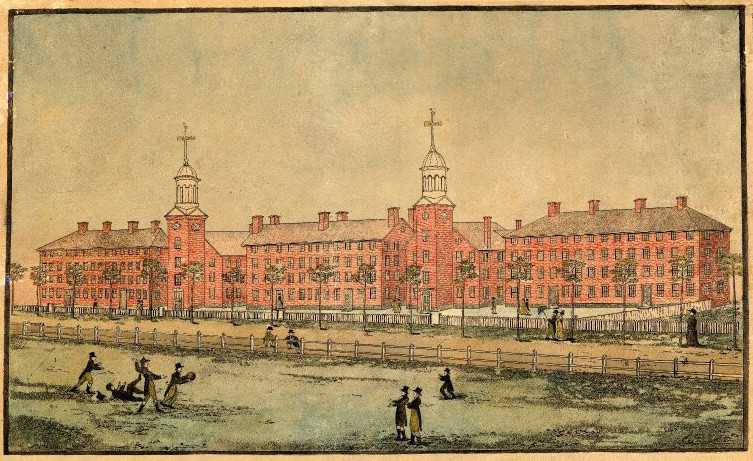George Patton? Benjamin Franklin? Walter Lippmann? John F. Kennedy? Sue Myrick? Edward Krehbiel? Jonathan P. Dolliver? Humphrey B. Neill? Eric Schmidt? Porter B. Williamson? Anonymous?

Question for Quote Investigator: Conformity is a powerful force that narrows the thought patterns of groups and individuals. Here are three selections from a family of pertinent sayings:
(1) Where all think alike, no one thinks very much
(2) No one is thinking if everyone is thinking alike
(3) If everyone is thinking alike then somebody isn’t thinking
Items in this group have been attributed to the prominent statesman Benjamin Franklin, the influential journalist Walter Lippmann, the well-known military figure George S. Patton, and others. Would you please explore this topic?
Reply from Quote Investigator: This notion can be expressed in numerous ways; hence, it is quite difficult to trace. Below is an overview representing the evolution of this family with dates and attributions:
1886: When everybody thinks alike there is hardly any incentive to think at all
(Anonymous)
1905: When everybody thinks alike, nobody will think at all
(Anonymous)
1910: Where all think alike, you will find also a central office where all the thinking is done
(Jonathan P. Dolliver)
1915: Where all think alike, no one thinks very much
(Walter Lippmann)
1918: When all think alike no one thinks very much
(Anonymous)
1919: When everybody thinks alike nobody thinks at all
(Edward Krehbiel; He disclaimed credit in 1922)
1934: Where all think alike, no one thinks very much.
(Attributed to Walter Lippmann)
1935: Where everybody thinks alike nobody thinks much
(Anonymous)
1942: When everyone thinks alike, no one thinks.
(Attributed to Reader’s Digest)
1949: When everyone thinks alike, ‘everyone’ is likely to be wrong
(Humphrey B. Neill)
1955: With everyone thinking alike, no one thinks at all
(Juvenile probation officer)
1959: When everyone is thinking alike, no one is doing any thinking!
(Attributed to Walter Lippmann)
1964: If everyone is thinking alike, then no one is thinking at all
(Attributed to John F. Kennedy)
1976: When everyone thinks alike, nobody thinks
(Attributed to Walter Lippmann)
1977: When all think alike, none thinks very much
(Attributed to Ronald Gould)
1979: No one is thinking if everyone is thinking alike
(Principle ascribed to Benjamin Franklin)
1979: If everyone is thinking alike, no one is thinking
(Principle ascribed to George Patton)
1988: If everybody’s thinking alike we’re not thinking
(Attributed to Sue Myrick)
1989: When all think alike, then no one is thinking.
(Attributed to Walter Lippmann)
1990: If everyone is thinking alike then somebody isn’t thinking
(Attributed to George Patton)
1995: If everyone is thinking alike then no one is thinking
(Attributed to Benjamin Franklin)
1997: No one’s thinking if everyone is thinking alike
(Attributed to George Patton)
Summary Highlights: Precursors occurred in the 19th century, but the earliest full match located by QI occurred as an anonymous filler item in 1905. Journalist Walter Lippmann employed an instance in 1915, and he often receives credit for his popular phrasing. Stanford Professor Edward Krehbiel used an instance in 1919 although he disclaimed authorship later. Newspaper columnist Humphrey B. Neill crafted a variant in 1949.
QI hypothesizes that the linkage to statesman Benjamin Franklin and General George Patton occurred because of remarks in the 1979 book “I Remember General Patton’s Principles” by Porter B. Williamson. The book did not directly attribute the saying to either of these men; instead, the book claimed that the saying represented a decision making principle used by Franklin and Patton. Details are given further below.
QI acknowledges the previous excellent work of researcher Barry Popik who explored this topic and found helpful citations beginning in 1919.1
Here are the details for the citations in chronological order.
Continue reading “Quote Origin: When Everybody Thinks Alike, Nobody Will Think At All”







